Conditions
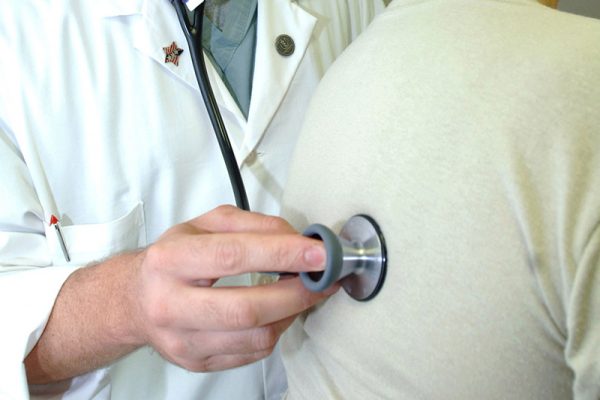
Many people with chest pain fear a heart attack. However, there are many possible causes of chest pain. Some causes are mildly inconvenient, while others are serious and even life- threatening. Any organ or tissue in your chest can be the source of pain, including your heart, lungs, esophagus, muscles, ribs, tendons, or nerves.
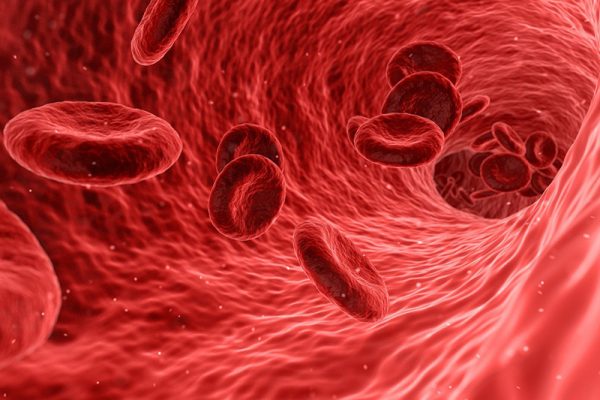
Coronary artery disease is the narrowing or blockage of the coronary arteries caused by atherosclerosis. Atherosclerosis occurs due to cholesterol and plaque build up in the walls of the arteries. Plaque build up can restrict blood flow to the heart muscle and deprive the heart of the oxygen and nutrients that it needs.
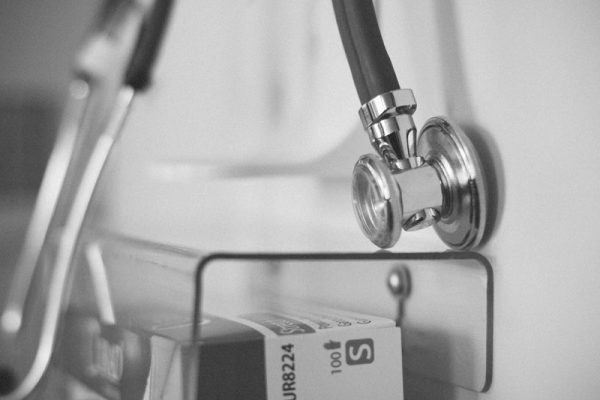
Deep venous thrombosis (DVT) affects mainly the veins in the lower leg and the thigh. It involves the formation of a clot (thrombus) in the larger veins of the area. This thrombus may interfere with circulation of the area, and it may break off and travel through the blood stream (embolize). The embolus thus created can lodge in the brain, lungs, heart, or other area, causing severe damage to that organ.

Familial hyperlipidemia is 1 of the most common autosomal dominant inheritance genetic disorder which is frequently undiagnosed and leads to unnecessary increased risk of many cardiovascular events including myocardial infarction, cardiomyopathy, strokes, as well as peripheral vascular disease.
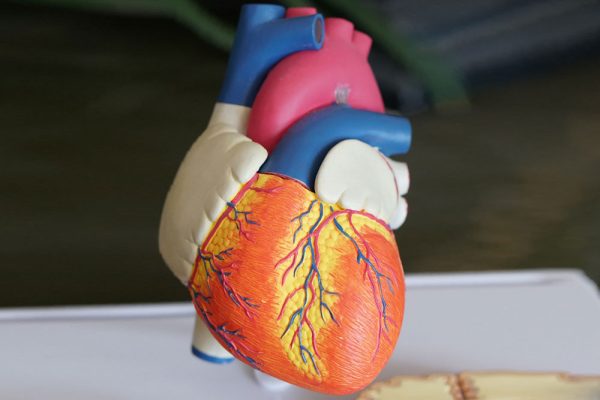
A heart attack (myocardial infarction) occurs when blood flow to the heart muscle is blocked. Blockage can occur from blood clots in the arteries, arterial spasm, or a severe disturbance to the heart rhythm. This blockage can produce injury or death of heart muscle tissue.

Heart failure is a condition that results when the heart (particularly the left ventricle) can not pump or fill with enough blood. Therefore, the heart must work harder to deliver oxygen rich blood to the body. Heart ‘failure’ does not mean the heart has completely stopped or failed.
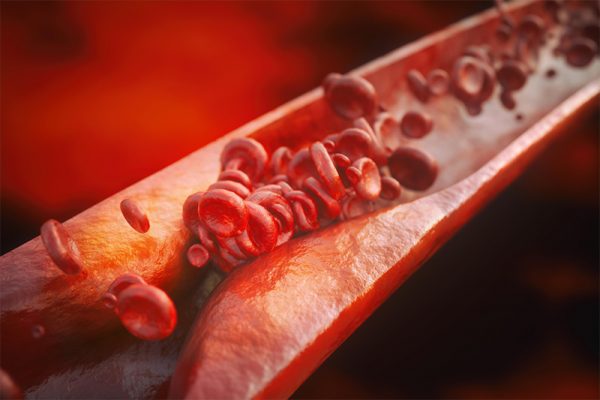
Hyperlipidemia refers to elevated levels of lipids (fats) in blood. These lipids include cholesterol and triglycerides. Elevated levels of lipids can significantly increase your risk of heart disease. Elevated lipids in blood deposit into the walls of blood vessels and form plaque.
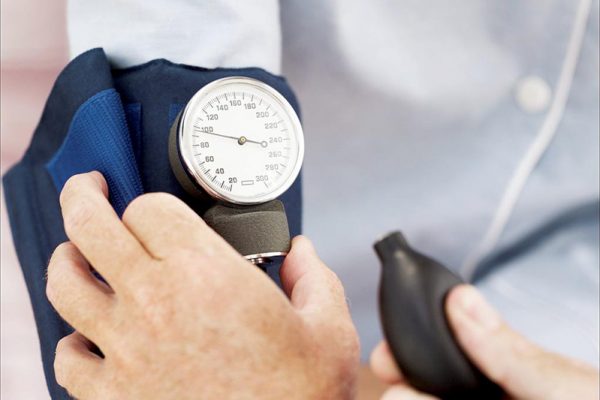
High blood pressure is also known as hypertension. In this condition, the force of the blood pressing against your artery walls is high. High blood pressure is important to control because it can lead to serious health problems including heart attack, stroke, and heart failure. Hypertension can be asymptomatic and therefore dangerous. High blood pressure is easily detected and should be routinely monitored.
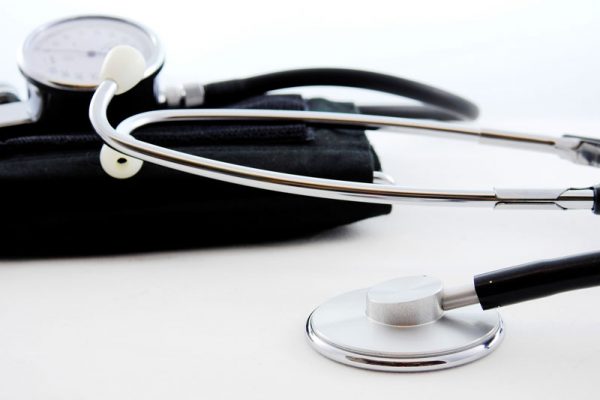
Mitral regurgitation is a common valve disorder in which blood flows backwards through the mitral valve during the contraction of the heart and is commonly referred to as a ‘leaky valve’. This reduces the amount of blood flow that is pumped out to the body.
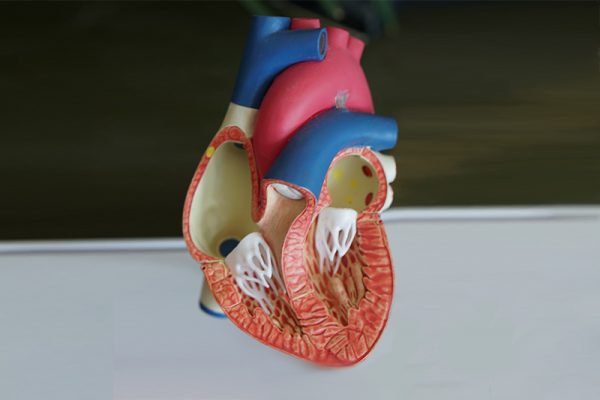
Mitral stenosis is a condition in which the mitral valve narrows and prevents the valve from completely opening. This abnormal valve blocks blood flow from the left atrium coming into the left ventricle, the main pumping chamber of the heart. The obstruction of blood flow results in an increased pressure in the left atrium and everything before the left atrium.
